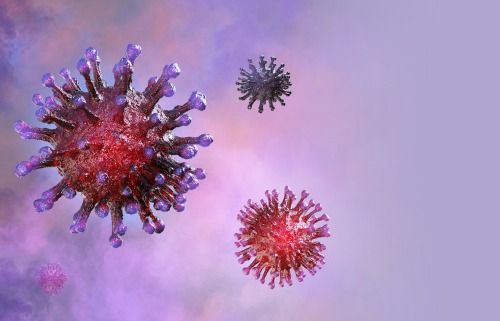
A major provision of the recently passed National Defense Authorization Act (NDAA, or H.R. 7900) – which advanced from the House by a vote of 329-101 last week – addresses commercial wildlife markets and illegal wildlife trafficking.
An amendment to the act from U.S. Reps. Mike Quigley (D-IL) and Grace Meng (D-NY), based on Quigley’s Preventing Future Pandemics Act and Meng’s Global Pandemic Prevention and Biosecurity Act, seeks to decrease the demand for wildlife as food to cut one of the major potential sources of pandemics. It would not only shut down commercial wildlife markets but end the trade in live wildlife for human consumption, establish international coalitions dedicated to reducing the demand for wildlife as food, and dispatch diplomatic staff dedicated to disrupting illegal, international wildlife trafficking.
“We must prevent the next pandemic from ever emerging at all. Luckily, it can be stopped, and this amendment is a vital step forward in that effort,” said Quigley, chair of the House Appropriations Subcommittee on Financial Services and General Government. “Over the last two years, Representative Meng and I have been working with a bipartisan group in the House and Senate on policies that will enhance our national security through the global prevention of zoonotic diseases like COVID-19 or Monkeypox. The COVID-19 pandemic has significantly impacted not only our personal health but also the safety of our entire nation, and by including key components of the Preventing Future Pandemics Act in the NDAA, we are taking action to shield us from future threat.”
Among the zoonotic epidemics that have emerged over decades are big names like the recent COVID-19 outbreak, HIV/AIDs, Ebola, and more. While they have grown to be devastating diseases to humans, they initially emerged from contact with wildlife. In particular, by targeting illegal operations, the amendment seeks to eliminate animal-based enterprises that lack oversight.
“A vital lesson that we need to learn from COVID-19 is that we must fundamentally change the way that we interact with wildlife globally,” said Meng, vice chair of the House Appropriations Subcommittee on State and Foreign Operations. “This critical bill makes it the United States’ policy to work with everyone from foreign governments, the private sector, to NGOs to close wildlife markets and prevent the commercial trade of live wildlife, incorporating important priorities from my Global Pandemic Prevention and Biosecurity Act.”




